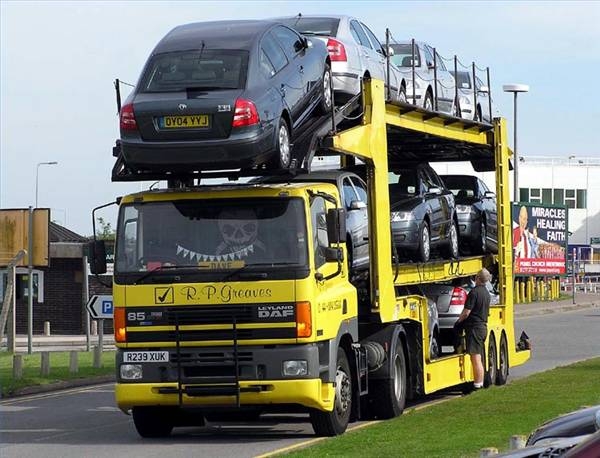
A Commercial Driver's License (CDL) is required for drivers who operate vehicles classified as Commercial Motor Vehicles (CMVs). CMVs are generally larger and/or more complex than traditional automobiles and therefore demand specialized skills. The CDL is a necessary qualification for truck drivers, bus drivers and transporters of hazardous materials. The Federal Motor Carrier Safety Administration regulates the CDL program, requiring that all states meet or surpass federal minimum standards.
The federal CDL laws have been in effect since 1992. Before then, in various states any person licensed to drive a car could also legally drive a CMV.
In order to obtain a CDL, you must generally have a valid driver's license and Social Security number, be at least 21 years of age (18 in some states for intrastate transport), meet all medical requirements and pass the required examinations for the license class.
There are three classes of CDLs--Class A, Class B and Class C. The license you need depends on the weight of the vehicle and what it was designed to transport.
Drivers test for and receive their CDL in their state of residence. States have differing requirements; however, they must comply with federal standards. States may issue a CDL only after the driver passes knowledge and skills tests related to the type of commercial motor vehicle to be operated.
Drivers may need special endorsements to operate certain CMVs, such as vehicles carrying passengers or transporting hazardous materials.
Drivers may have their CDL or endorsement(s) revoked because of convictions for certain offenses, both traffic and out-of-service violations. It is also illegal to hold more than one license.